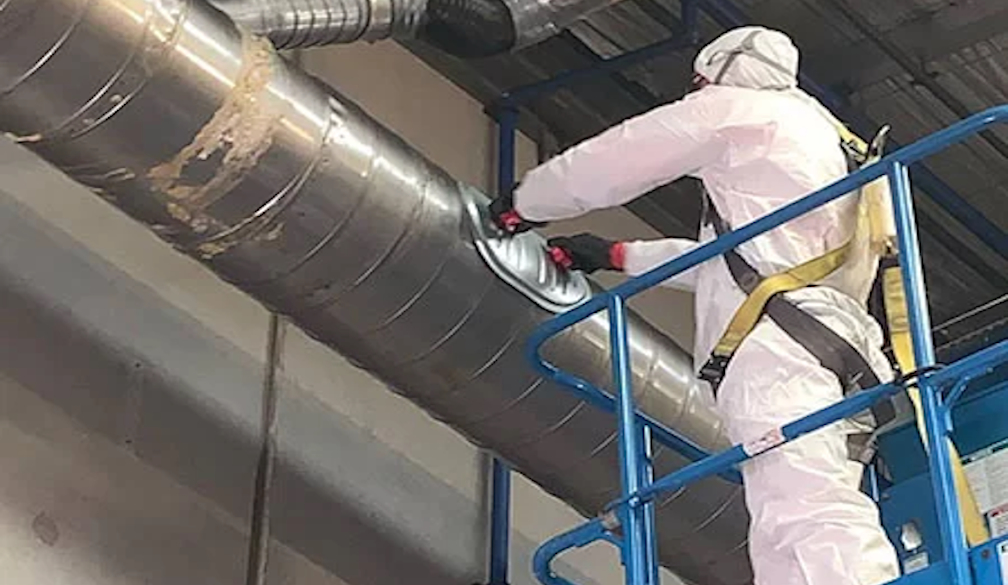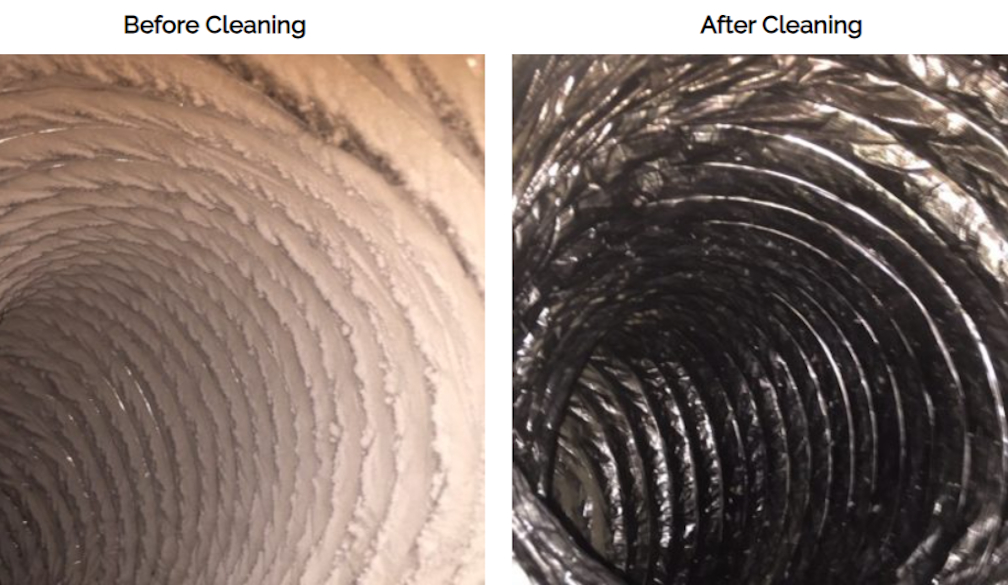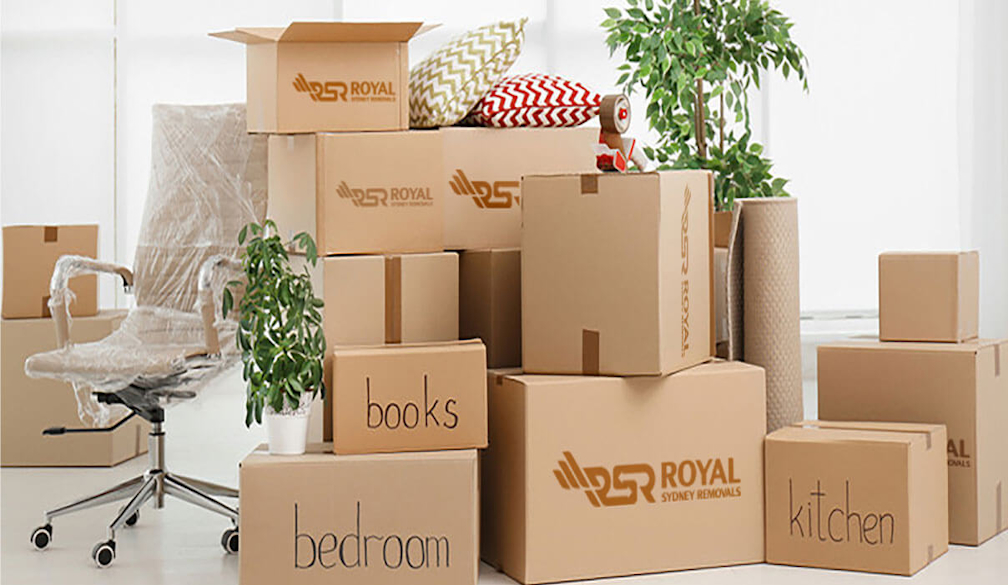How to Maximize Efficiency with Heating and Cooling Installation

Proper heating and cooling are crucial for maintaining a comfortable and energy-efficient home. However, the effectiveness of these systems heavily relies on the quality of installation. Efficient heating and cooling installation not only ensures optimal performance but also helps in reducing energy costs and prolonging the lifespan of your equipment. If you’re planning a new installation or an upgrade, here’s how to maximize efficiency with your heating and cooling installation in Melbourne.
1. Choose the Right System for Your Needs
Selecting the appropriate heating and cooling system is the first step towards efficiency. Consider factors such as the size of your home, insulation levels, and climate conditions. For instance, ducted systems may be ideal for larger homes, while split systems could be more suitable for smaller spaces. Consulting with a professional for your heating and cooling installation in Melbourne can help you choose a system that meets your specific needs and improves overall efficiency.
2. Opt for Energy-Efficient Models
When choosing a new system, look for energy-efficient models with high star ratings. In Australia, systems with a high energy rating use less electricity, which translates to lower utility bills and a reduced environmental impact. Modern units often come with advanced features like variable-speed compressors and smart thermostats that enhance efficiency. Investing in energy-efficient equipment may have a higher upfront cost, but the long-term savings on energy bills make it a worthwhile investment.
3. Proper Sizing is Key
One of the most critical aspects of heating and cooling installation in Melbourne is ensuring that the system is properly sized for your home. An oversized system will cycle on and off too frequently, leading to increased wear and tear and higher energy consumption. Conversely, an undersized system will struggle to maintain comfortable temperatures, resulting in higher energy use and reduced efficiency. A professional installer can perform a detailed assessment to determine the correct size for your home, ensuring optimal performance and efficiency.
4. Professional Installation is Crucial
The installation process itself plays a significant role in the efficiency of your heating and cooling system. Poor installation can lead to air leaks, incorrect ductwork, and improper system calibration, all of which reduce efficiency. Hiring a qualified and experienced technician for your installation ensures that the system is set up correctly and operates at peak performance. Look for installers with good reviews and industry certifications to guarantee quality workmanship.
5. Regular Maintenance and Servicing
To keep your heating and cooling systems running efficiently, regular maintenance is essential. Schedule annual inspections and servicing to ensure that your equipment is in good condition. Regular maintenance includes tasks such as cleaning filters, checking refrigerant levels, and inspecting ductwork for leaks. Keeping up with these tasks not only maintains efficiency but also extends the lifespan of your system.
6. Use Programmable Thermostats
Programmable thermostats allow you to set your heating and cooling systems to operate at specific times, reducing energy use when you’re not home. For example, you can programme the thermostat to lower the temperature during the day when the house is empty and raise it before you return. This optimises energy use and ensures that your home remains comfortable without unnecessary heating or cooling.
7. Seal and Insulate Your Home
Improving your home’s insulation and sealing any gaps or leaks can significantly enhance the efficiency of your heating and cooling systems. Proper insulation helps maintain indoor temperatures, reducing the workload on your systems. Seal gaps around windows, doors, and ductwork to prevent air leaks, and consider upgrading insulation in walls and attics. This not only boosts the efficiency of your heating and cooling but also contributes to overall energy savings.
8. Consider Zoning Systems
Zoning systems allow you to control the temperature in different areas of your home independently. This means you can heat or cool only the rooms that are in use, rather than the entire house. Zoning systems can improve efficiency by reducing energy consumption in unused areas and providing more precise temperature control. For larger homes or those with varying temperature needs, zoning can be an effective solution.
Conclusion
Maximizing efficiency with heating and cooling installation involves careful planning, professional installation, and regular maintenance. By choosing the right system, opting for energy-efficient models, ensuring proper sizing, and keeping up with maintenance, you can enhance the performance of your heating and cooling systems and reduce energy costs. For those in Melbourne, working with a skilled technician for your heating and cooling installation ensures that your home remains comfortable year-round while achieving optimal efficiency.










